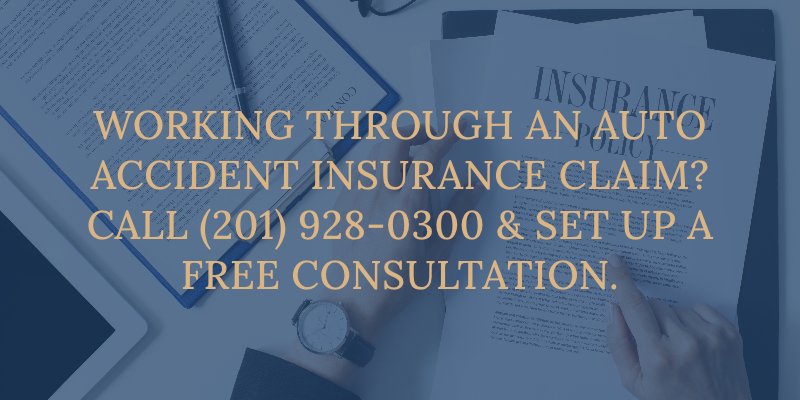New Jersey Minimum Coverage Limits for Auto Insurance Set to Increase in 2023
Every state, including New Jersey, requires drivers to show proof of financial responsibility. Typically, this proof comes in the form of automobile insurance. Insurance helps to ensure that a driver can afford to pay for medical bills and property repairs after a car accident. As of January 1, 2023, New Jersey altered its car insurance rules to require higher amounts of coverage.
How Has the New Law Changed Minimum Coverage Limits?
Historically, New Jersey had one of the lowest minimum required amounts of car insurance in the country. The passing of Bill S482, however, increased the minimum coverage limits required of drivers in this state. It imposes two increases: one in 2023 and the second in 2026. Keep in mind that these are just the minimum required amounts; drivers are permitted to purchase greater amounts for their own protection if desired.
Insurance requirements prior to 2023:
- $15,000 in bodily injury liability per person
- $30,000 in bodily injury liability per accident
- $5,000 in property damage liability
- $15,000 in personal injury protection (PIP)
- $15,000 in uninsured/underinsured motorist insurance per person
- $30,000 in uninsured/ underinsured motorist insurance per accident
Insurance requirements as of January 1, 2023:
- $25,000 in bodily injury liability per person
- $50,000 in bodily injury liability per accident
- $25,000 in property damage liability
- $15,000 in personal injury protection (PIP)
- $25,000 in uninsured/underinsured motorist insurance per person
- $50,000 in uninsured/ underinsured motorist insurance per accident
Additional increases coming January 1, 2026:
- $35,000 in bodily injury liability per person
- $70,000 in bodily injury liability per accident
- $35,000 in uninsured/underinsured motorist insurance per person
- $70,000 in uninsured /underinsured motorist insurance per accident
All motor vehicle drivers in New Jersey must meet the minimum insurance coverage requirements and show proof of insurance during traffic stops or when requested by law enforcement. Driving without the required types and amounts of automobile insurance is against the law. This can result in fines and even jail time. If a driver causes a car accident while uninsured or underinsured, he or she may have to pay for the damages out of pocket.
No-Fault Law in New Jersey
New Jersey is one of only a handful of states that uses a no-fault insurance law. Under this law, when a car accident takes place, both drivers will seek coverage from their own car insurance providers, regardless of fault for the crash. In a fault state, on the other hand, the driver who caused the crash is responsible for paying for the damages. Under this law, New Jersey requires all drivers to carry personal injury protection insurance. This pays for a driver’s own medical bills after a collision, regardless of who caused the accident.
Basic vs. Standard Auto Insurance Policy
When purchasing car insurance, drivers in New Jersey have the choice of buying a basic or standard policy. While both policies provide at least the minimum required amounts of insurance in New Jersey, the standard auto policy comes with an option for Limited or Unlimited Right to Sue. The driver can choose a policy based on how much he or she wants to pay in premiums.
With Limited Right to Sue insurance, a driver cannot file a claim for pain and suffering or other noneconomic damages unless the injuries are severe, such as broken bones, permanent injury or significant disfigurement. With Unlimited Right to Sue insurance, an injured party can recover compensation for pain and suffering from the at-fault driver regardless of the specifics of the injury.
Dealing with an insurance claim after a car accident in New Jersey can be complicated. For assistance navigating New Jersey’s insurance laws – including the recent increase in coverage requirements – contact The Law Offices of Jeffrey S. Hasson, P.C. for a free consultation. Our personal injury lawyers serve Hackensack, Teaneck, Bergen County, Union City and the entire state of New Jersey.

